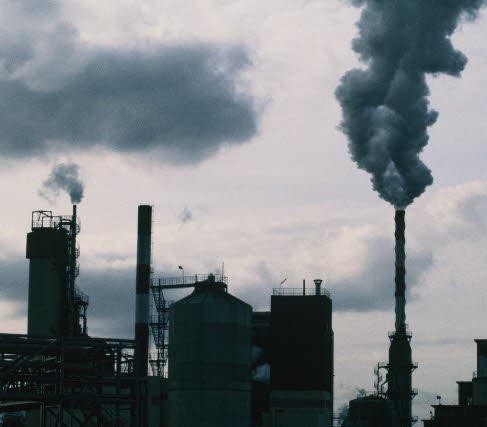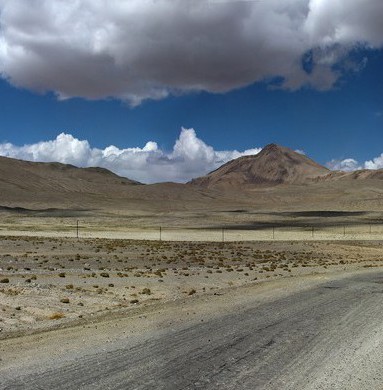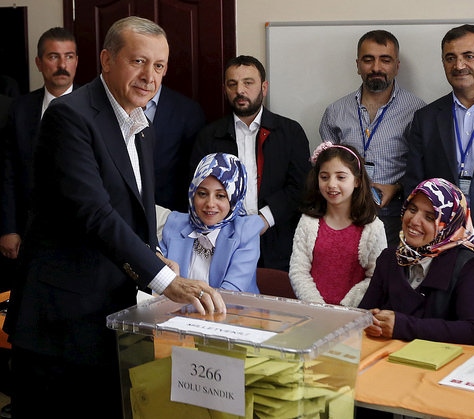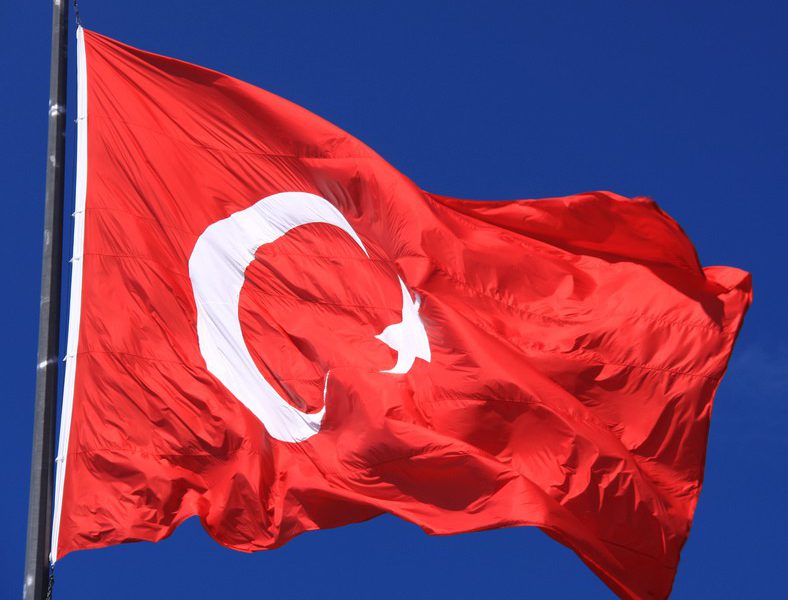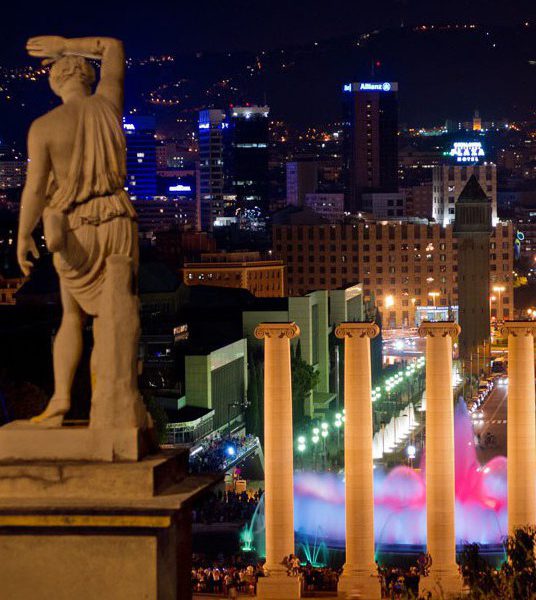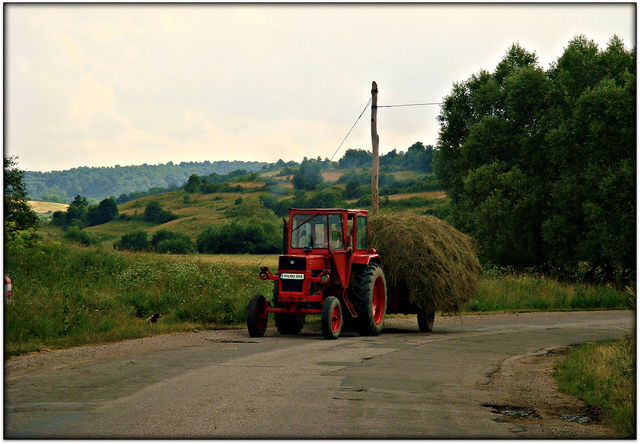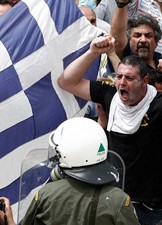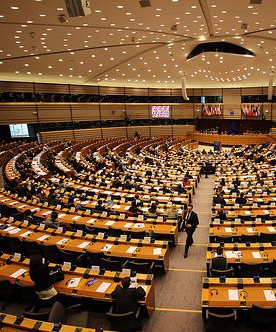Pollution: the permanent cloud that overshadows Poland
Krakow is perhaps the most famous city in Poland. Its history, beauty and architecture attract thousands of tourists and students annually. However, all its splendour is being clouded by microparticles which float in the air, invisible to the eye but toxic, and which penetrate surreptitiously into the body, causing serious damage to the health of those who inhale them. Can you imagine a child (or anyone else, for that matter) smoking 2,000 cigarettes a year?

